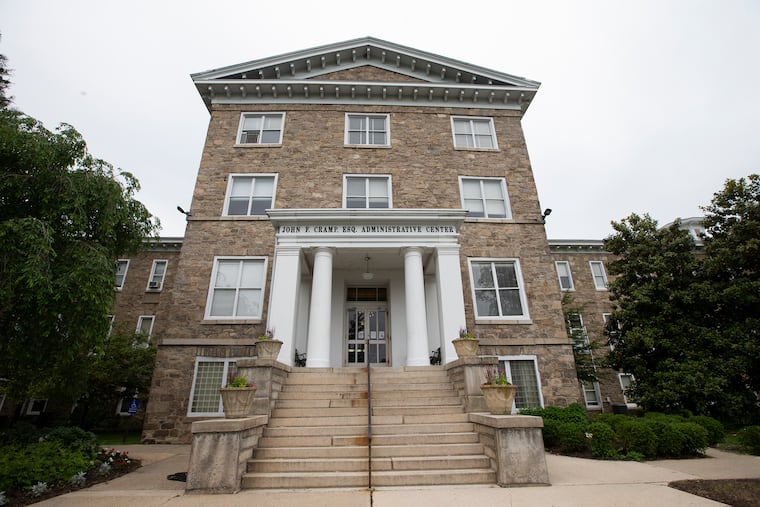Elwyn-Merakey merger would create $1 billion nonprofit providing services for autism and intellectual disabilities
The proposed merger reflects a trend toward integrating physical health care with behavioral and intellectual disability services.

Two major Philadelphia-area providers of services to people with intellectual disabilities, Merakey and Elwyn, said Monday that they are exploring a merger that would create a nonprofit with more than $1 billion in annual revenue.
Both organizations provide services for individuals with intellectual and developmental disabilities, as well as behavioral health and special-education services. Combined, Merakey and Elwyn would have operations in 16 states, employ more than 12,000 people, and serve 55,000 individuals.
One of the key drivers behind the potential merger is the trend toward integrating physical health care with behavioral and intellectual disability services, Merakey CEO Joseph S. Martz said in a phone interview.
“The larger entity creates additional resources to make those kinds of investments possible,” he said.
The negotiations between Elwyn and Merakey have gotten underway as their industry is struggling to attract and retain staff.
» READ MORE: Autism services for adults in Philly area still haven’t rebounded from COVID shutdowns
Industry pressures a factor
Mark Davis, the head of a Pennsylvania trade group for human-service provider organizations like Elwyn and Merakey, said recently that a group of his members — accounting for 60% of the state’s intellectual-disability and autism services — reported a job vacancy rate of nearly 25% and an employee turnover rate of 37%.
Another pressure point on the sector is that state Medicaid programs, which pay for most of Merakey’s and Elwyn’s services, are pushing for more small-group, community-based care to replace institutional settings.
Charles S. McLister, CEO of Elwyn, which went through a period of significant losses several years ago, said in a news release that he was encouraged by the prospect of affiliating with Merakey.
He said the combination would create an “opportunity to build an organization that will innovate and materially change the way our industry operates.”
Merakey, based in Lafayette Hill, is the larger of the two organizations, with close to $640 million in revenue last year. It opened its first location in 1969.
Elwyn, founded in 1852 and based in Media, had $385 million in revenue in the year ended June 30, 2022.